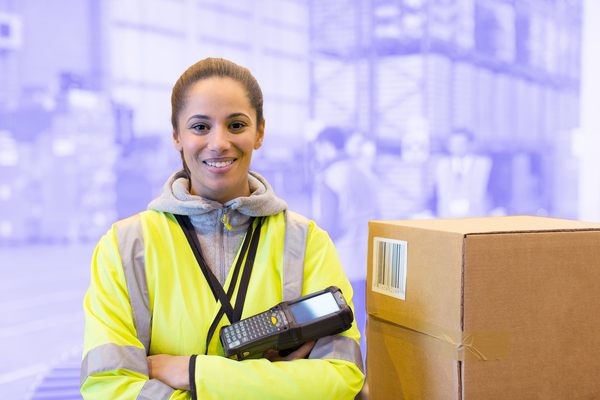SupplyChainTalk: Enhancing supply chain resilience to withstand disruptive events
On 12 June 2024, SupplyChainTalk host Alastair Charatan was joined by Pam Wiseman, Principal - Supply Chain Strategy, Supply Chain Advisory Services LLC.
Views on news
Sanctions, subsidies, tariffs and other blunt instruments of geopolitical rivalry and industrial policy may have strategic logic, but they jeopardise one of the miracles of modern technology: the fragile semiconductor supply chain. It is a process masterfully honed to combine government support with the invisible hand of the free market. But the chip war threatens to bludgeon it. Decoupling the Chinese and the American semiconductor markets would come at a big cost. It should also be considered how different cultures complicate the picture. In Taiwan, semiconductor engineers are renowned for dropping everything, day or night, to fix problems. That helped the industry survive a big earthquake in April with minimal disruption, just as it did the covid-19 pandemic. In America there is, to put it mildly, more regard for work-life balance. If you consider other events that had catastrophic effect on supply chains, such as the Icelandic volcano eruption, the tsunami in Japan that destroyed an electronic plant, there have been plenty of similar disruptions before. Despite the lessons that could have been learnt after these incidents, cost remains king. Previously, risk was an integral part of the equation too, not only cost. However, if Taiwan gets invaded and chip manufacturing goes down, the US can’t just replicate the complex supply chain system on its soil overnight and there is also the problem of skilled labour shortage.
Cost versus resilience
Advanced analytics and forecasting techniques are useful tools to assess future risks, but the most challenging bit is mapping your suppliers and their supply chain networks. These tools, however come with a lot of false positives and it’s very time consuming to find out how to use them in an effective way. It might be much more efficient to learn directly from your supplier what exactly happened and how its operations are impacted. Some straightforward forecasting, however, can go a long way, such as monitoring whether suppliers have any capacity or labour issues, or when your demand is tripling. However, most of the disruptions, like barges getting loose on rivers and bridges going down, are impossible to predict. The beer game is a great way to see what impact good communication can make up and down the supply chain. Meanwhile, Project44, a leading visibility and the only High-Velocity Supply Chain Platform is a great tool for reducing costs, increasing revenue and achieve supply chain visibility. It also enables businesses to have a view of where their shipments are. Real-time dashboards will show when shipping is behind schedule, both outbound and inbound. This is new technology that wasn’t yet available during Covid. 15-20 years ago, it was much more common to know your suppliers, visit them and have relationships with their leaders. But then the focus shifted to sales and marketing and outsourcing manufacturing became common practice, which also reduced visibility of suppliers dramatically. But you will still have the responsibility for whatever happens in your supply chain.
For medical device manufacturing, there are countries near the US that have what it takes to be a target country for reshoring such as Costa Rica and the Dominican Republic.
The panel’s advice
- Old-fashioned ways of dealing with your suppliers and honesty with them as to how to tackle a disruption may be more useful than relying on unbelievable new technology.
- Know where your key factories, warehouses, ports, rail and shipping canal connections are.
- Try “war gaming” and consider different unexpected disruption scenarios and see what could be done if they happened.

Business Reporter Team
Most Viewed
Winston House, 3rd Floor, Units 306-309, 2-4 Dollis Park, London, N3 1HF
23-29 Hendon Lane, London, N3 1RT
020 8349 4363
© 2024, Lyonsdown Limited. Business Reporter® is a registered trademark of Lyonsdown Ltd. VAT registration number: 830519543





